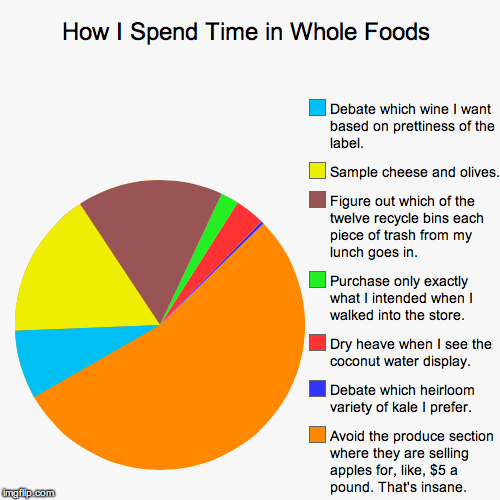Spice Jungle
Tuesday, September 16, 2014
So I finally get to reveal to you all a major project I've been working on. For the last year I've been collaborating with the people at Beanilla to open a new online spice store: Spice Jungle.
Now this isn't a paid post. This is simply me bragging about some contract work I did with them. Work that I'm incredibly proud of. Plus, the team I got to work with was so amazing, knowledgeable and professional.
The job? Write the creative copy for over 1000 products. Unlike other online spice shops that simply list ingredients and their basic usage Spice Jungle aimed to create a site with gorgeous visuals, fresh products, and engaging writing that went against the norm. Having had a great working relationship with Beanilla, they gave me a ring.
It was an intense task. Every week a box with about 40 spices, mushrooms, teas, chiles, coffees, sugars, salts, peppers, and so on arrived. Have you ever worked with annatto seed or amchoor powder or cubeb pepper? I hadn't.
There was a lot of trips to the library, and I bought plenty of research books and encyclopedias. I even had to translate a 1200 year old Germanic text with the help of a university professor to learn about a unique type of pepper. I hadn't crammed that much since my GRE exams and was beating my head against some old trig textbooks.
Still I learned a lot and the descriptions came out great! Take this example for Grains of Paradise:
Teaser: Plenty of ego and an air of mystery. Like Mr. Gatsby, there’s a lot of show masking rather humble beginnings.
Description: A truly lavish name for what has historically been seen as a mere substitute. Grains of Paradise have gone by the geographically accurate name, Guinea pepper, and the more bestial moniker of alligator pepper. However, if you wanted to give it a name that reflected how most of the world has treated it then it should be called It’ll Do Pepper. It’s a shame considering how intriguing it is.
When black pepper was truly the spice that defined the spice trade – and, to be frank, still does – Grains of Paradise began to be brought by caravan from Guinea and Ghana. It was used as a replacement spice when black pepper was unobtainable and cubeb berries were still a few centuries away from being a real competitor. It never really found a proper home, even amongst its native African origins. It is still used in West Africa, Ghana, and Guinea to some extent. Oddly enough, Scandinavia has an affinity for it, but only as a flavoring for akvavit.
We say it’s a shame because Grains of Paradise are a rather intriguing spice if not for the inflated sense of self. They’re technically related to cardamom, but have more of a pepper flavor. Hot, pungent, and spicy but you’ll definitely notice a fruity-cardamom flavor. Yet it’s still rather timid amongst burlier flavors of actual black pepper and cardamom, and as such should be treated as a subtle pepper or a baking spice.
Grains of Paradise are popular in spice blends and for flavoring alcohol. However, a growing number of people are beginning to use it as a substitute for black pepper. If you’re into home brewing then this is a godsend. It won’t overpower your brews with a kick in the shin of spice and is easier to control. In addition, alcohol has a fine way of bringing out the more unique flavors.
So there it is. This is a bigger example, but essentially you should be able to learn about a spice's history and lore, as well as how to use it.
I hope you all go check out Spice Jungle and give it a look.
Vanilla Garlic All rights reserved © Blog Milk Powered by Blogger










